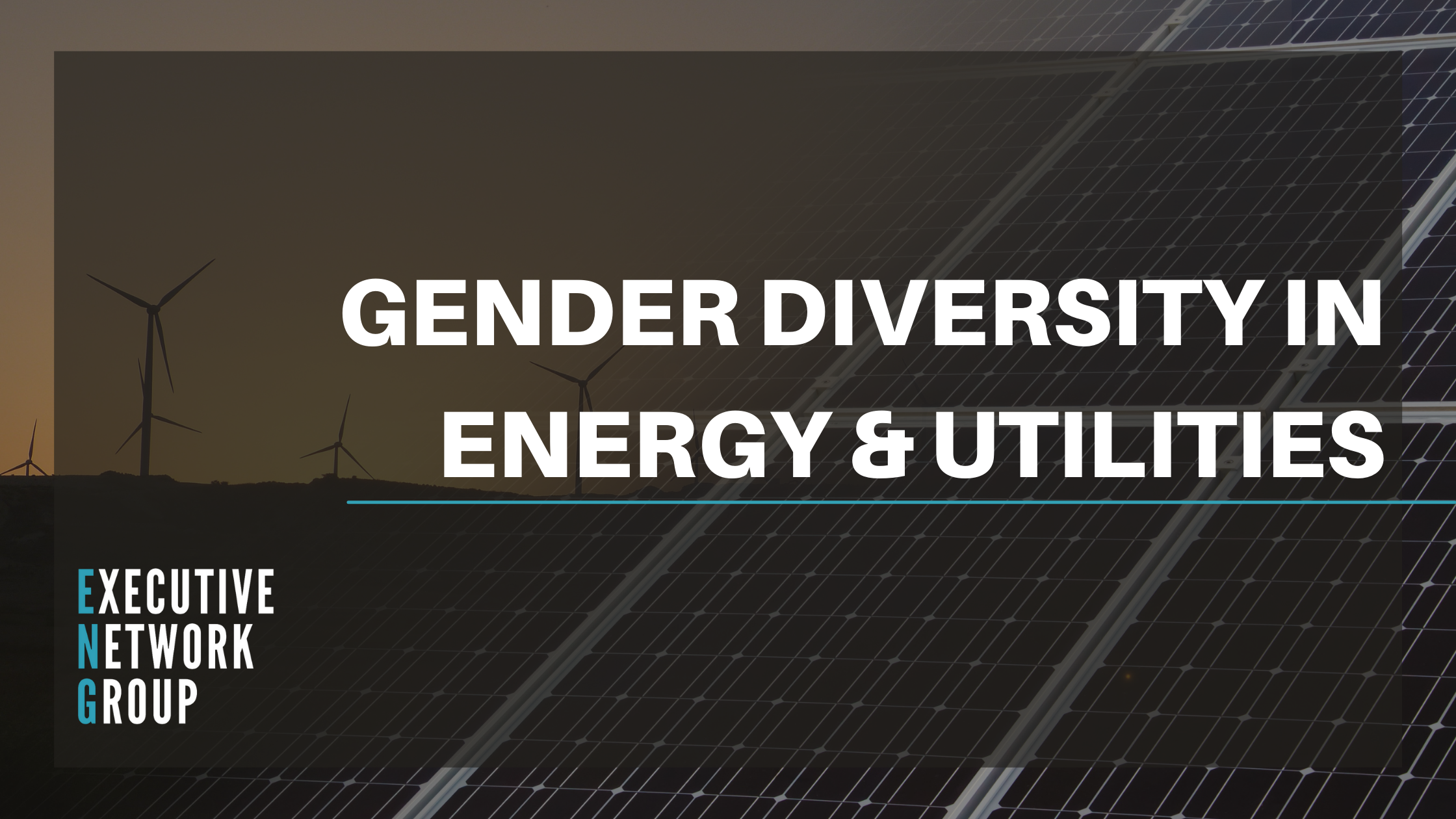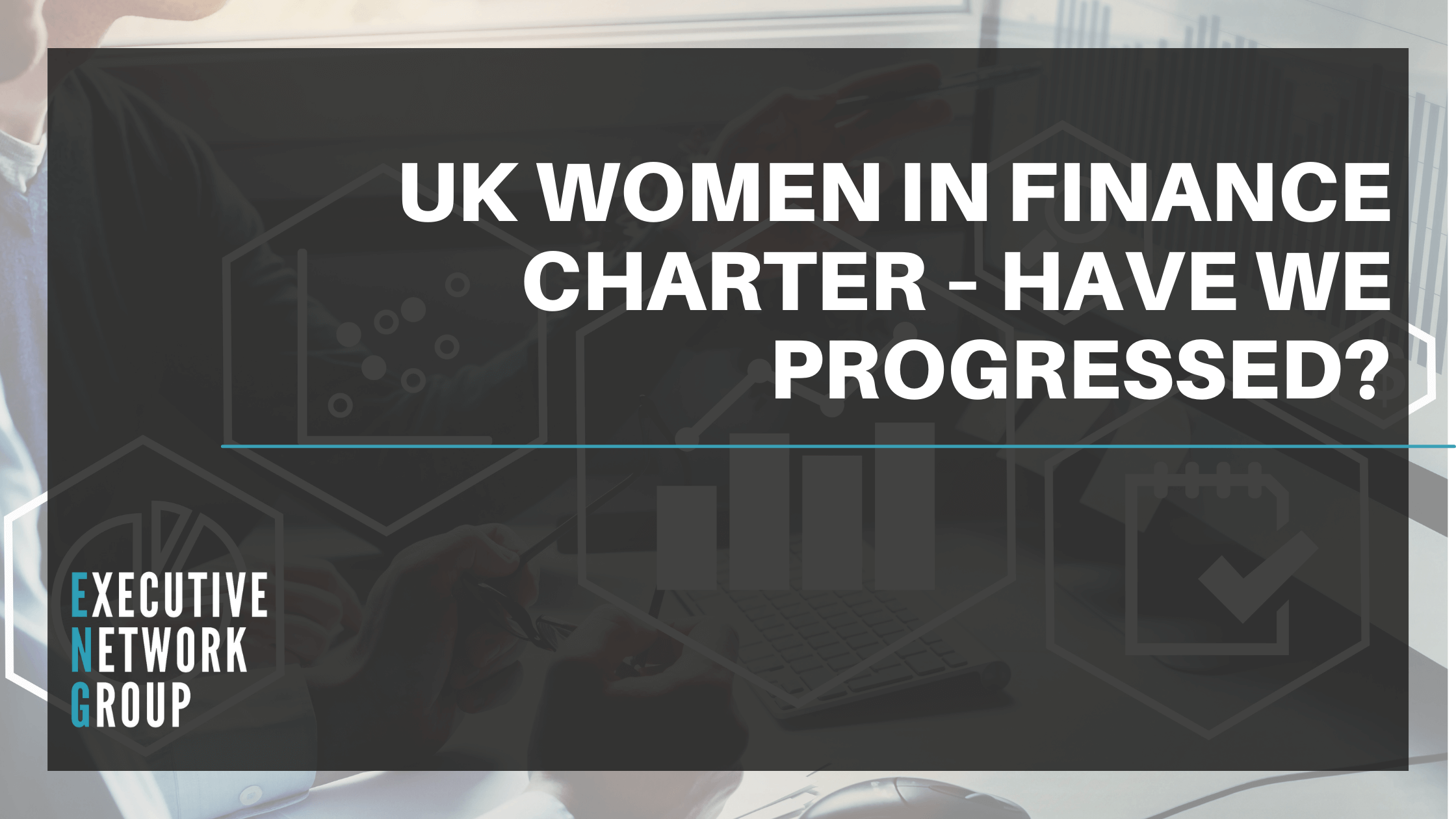International Women’s Day #BeattheBias

The Development of Gender Disparity within E&U
International Women’s Day is a global celebration of the social, economic, cultural, and political achievements of women. Today, we look at how we are progressing in our efforts to tackle gender inequality. This blog highlights the contributions being made in the Energy and Utilities sector (E&U) inclusive of diversity, equality, and Inclusion (ED&I). Energy Economic Growth report there is a correlation between business performance and gender diversity in the E&U sector. Studies have shown that companies with strong female leadership deliver a 36% higher return on equity and that companies with at least one female executive board member outperformed those with only male board members. The E&U sector demonstrates a lack of gender quality halting the progression in the E&U industry. Board with at least 30% women have a higher profit margin than those that don’t. Additionally, reports are suggesting E&U businesses that foster gender equality are more favourable to boost innovation.
The energy industry is associated with being one of the least gender-diverse sectors in the UK economy. A recent report by POWERful Women and PwC analysed the executive board levels of 80 businesses operating in the energy sector. The results found that 38% of the UK’s corporations had zero women members on their boards. Furthermore, more than two-thirds of the firms lacked a single woman chair seat highlighting critical concern for DE&I across E&U.
The E&U sector has predominantly been male-focused, like many other industries they are associated with physical labour which can be reflected by the following statistics:
- Only 17% of E&U sector staff members are female in comparison to the UK average of 47% across other sectors (Energy & Utility skills).
- Less than 1% of the craft level UK utilities workforce contains female workers (Energy & Utilities).
- The average percentage of female workers who are in the top pay quartile at E&U firms is only 18.1% lower than the average of 40.9% across all other sectors (Women’s Utilities Network).
The 2021 COP26 conference held in Glasgow, displayed concern regarding female workers in the E&U sector. ESG (environmental, social, governance) practices are at the forefront of businesses working toward the global agenda of fighting climate change. According to the ICUN, female workers are more likely to respond to the threat of climate change as women are more likely to be dependent on the land and natural resources that are at risk.
The E&U sector is experiencing a transition. DE&I is a notable business topic that is imperative to success, female business leaders look to bolster the resilience and longevity of the industry by inspiring our economy to be more infatuated about the roles available. According to the National Grid (2020), just 12% of engineers are women. Hence, the demand for more STEM initiatives to be developed to entice further candidates. There has been an increase from 22% to 25% of executive-level roles for women. If we are working together to support female workers in the sector, we require women at the top of the chain to lead by example (PWC. 2022). DE&I will play a massive role in the UK’s journey towards achieving a sustainable future. National Grid reported the UK’s energy sector will need to fill 400,000 jobs if it hopes to meet its target to deliver net-zero emissions by 2050.
Ruth Cairnie, Chair of POWERful Women, said; “This year we have seen the most progress since we started compiling board statistics five years ago. The increase in the number of women in executive director positions is particularly noteworthy. Nonetheless, there is a long, long way to go before the representation of women at senior levels is sufficient or sustainable.
Summary
It’s never been more imperative for businesses to introduce a wider range of perspectives and skills to their workforce, encouraging growth, innovation, and diversity. Ensuring female employees have equal opportunities to develop a long-term career and companies can attract and retain the highest level of talent. The industry has made progress and does have measures in place to support the development of DE&I initiatives such as the UK’s own Pride in Energy network and Equality & Diversity Forum. Intersectional ED&I needs to be taken into consideration, when tackling a lack of DE&I businesses need to understand the experiences of their workforce. Considering the intersectional changes that employees will have encountered throughout their career, the barriers white women will face will not be the same as their black counterparts, the extent of these barriers can have more depth if that woman has a disability or religion.
The benefits of increasing women’s participation in employment and leadership roles have been globally recognised, and gender inequality is recognised as a constraint to economic growth. Although, there are still obstacles in the way preventing women from working in the energy industry. PwC report Women account for just 22-25% of total employees in the sector, and low proportion work in science, technology, engineering, and mathematics (STEM) roles.
Industry leaders across the sector understand the fast-changing dynamic of the sector and are supporting DE&I initiatives to promote and incentivise E&U roles to female workers. Over the last 5 years, there has never been such a large contribution to the development of attracting and retaining talented female employees, ensuring the same opportunities apply to women in the workplace. There is optimism moving ahead for the industry as more development is being made each year, however, there isn’t enough, and the disparity remains.
.png)
